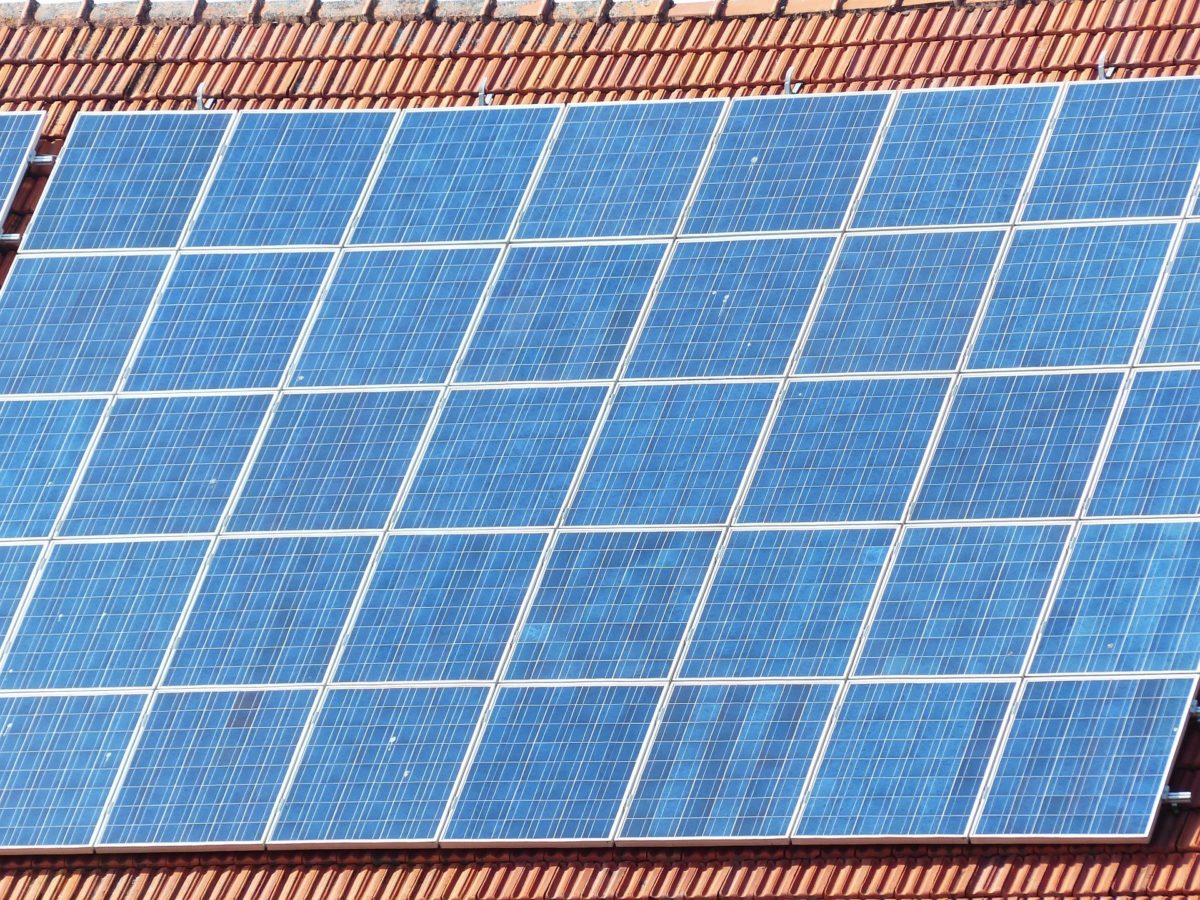A recent study conducted by scientists from German research center Forschungszentrum Jülich GmbH has proposed an optimization model to integrate solar power generation from rooftop PV arrays with hybrid hydrogen storage in a self-sufficient, well insulated, highly energy-efficient residential building.
The model is claimed to provide the required information to shape the hybrid system depending on the technology selection and the capacity of its units. “We show for the first time how a heat-integrated hydrogen storage unit equipped with a liquid organic hydrogen carrier (LOHC) storage system and reversible solid oxide cells (rSOCs) enables cost-effective, self-sufficient residential buildings with only rooftop PV installed,” the researchers explained. This configuration was chosen because LOHC storage is able to provide a cost-efficient supply with a relatively small capacity for PV power generation, they added.
LOHCs are organic compounds that can absorb and release hydrogen through chemical reactions. “Roundtrip efficiencies (electricity-to-electricity) for LOHC storage systems of 30-40% without heat recovery have been reported,” the German group stated. “Up to 70% of electrical energy is converted into heat in this process. Residential buildings offer the opportunity to utilize this large share of energy for room heating or adsorption cooling.”
The rSOC technology combines the operation of fuel cells and electrolysis into a single unit and is able to store excess electricity as hydrogen and with it produce electricity and heat again. “We assume that the rSOC in fuel cell mode runs at an electrical efficiency of 45% and heat efficiency of 35% to decouple enough heat for the dehydrogenation process,” the academics emphasized. “The heat integration increases the roundtrip electrical efficiency to around 40%, discounting heat usage in the residential heating subsystem.”
They specified that rSOC systems are currently being utilized at an experimental level and that their performance in residential buildings was assessed based on experience with separate solid oxide fuel and electrolysis cells.
In the proposed configuration, the DC power of the PV system is connected directly to the hybrid hydrogen system, a lithium-ion battery, an electric water heater, and an inverter, which in turn would provide AC current to the household and a heat pump. The building's room heating demand was estimated at 18.6 kWh/m2 per year. “The simulated annual energy demand for a 187 m2 living area and four residents is 4062 kWh of electricity and 3481 kWh of heat,” the study notes.
The analysis showed that a self-sufficient energy supply may be achieved for the building with a PV capacity of 26.8 kW, which would require large seasonal storage capacities. “With only battery storage available, a relatively large heat pump with a rated power of 6.8 kW, electrical storage of 458.9 kWh, and thermal storage of 60.0 kWh (1.0 m³) is needed to ensure supply during winter periods with low PV generation,” the research team added. By contrast, if a hybrid hydrogen system is adopted, there would be less need for PV capacity on the building's less sunny northwestern parts and the PV usage factor per installed capacity is higher. “It can be observed that reduced generation capacity is turned into a hydrogen storage size up to 10 times larger than the battery capacities in the lithium-ion battery (LIB) case,” the paper underlines.
Popular content
Compared to a proposed system with battery storage and no hydrogen system, the one using the rSOC LOHC technology is said to have an upfront investment cost which may be up to 80% lower. “The assumed investment costs for the optimal solution for the rSOC in the LIB rSOC LOHC case is €7190 for 0.91 kW(7901 €/kW) rated power,” the authors of the study concluded. “As the rSOC combines fuel cell and electrolysis functions in one component, this price can be considered attainable for a 2030 system.”
The system was presented in the paper Hybrid Hydrogen Home Storage for Decentralized Energy Autonomy, recently published in the International Journal of Hydrogen Energy.
This content is protected by copyright and may not be reused. If you want to cooperate with us and would like to reuse some of our content, please contact: editors@pv-magazine.com.



1 comment
By submitting this form you agree to pv magazine using your data for the purposes of publishing your comment.
Your personal data will only be disclosed or otherwise transmitted to third parties for the purposes of spam filtering or if this is necessary for technical maintenance of the website. Any other transfer to third parties will not take place unless this is justified on the basis of applicable data protection regulations or if pv magazine is legally obliged to do so.
You may revoke this consent at any time with effect for the future, in which case your personal data will be deleted immediately. Otherwise, your data will be deleted if pv magazine has processed your request or the purpose of data storage is fulfilled.
Further information on data privacy can be found in our Data Protection Policy.